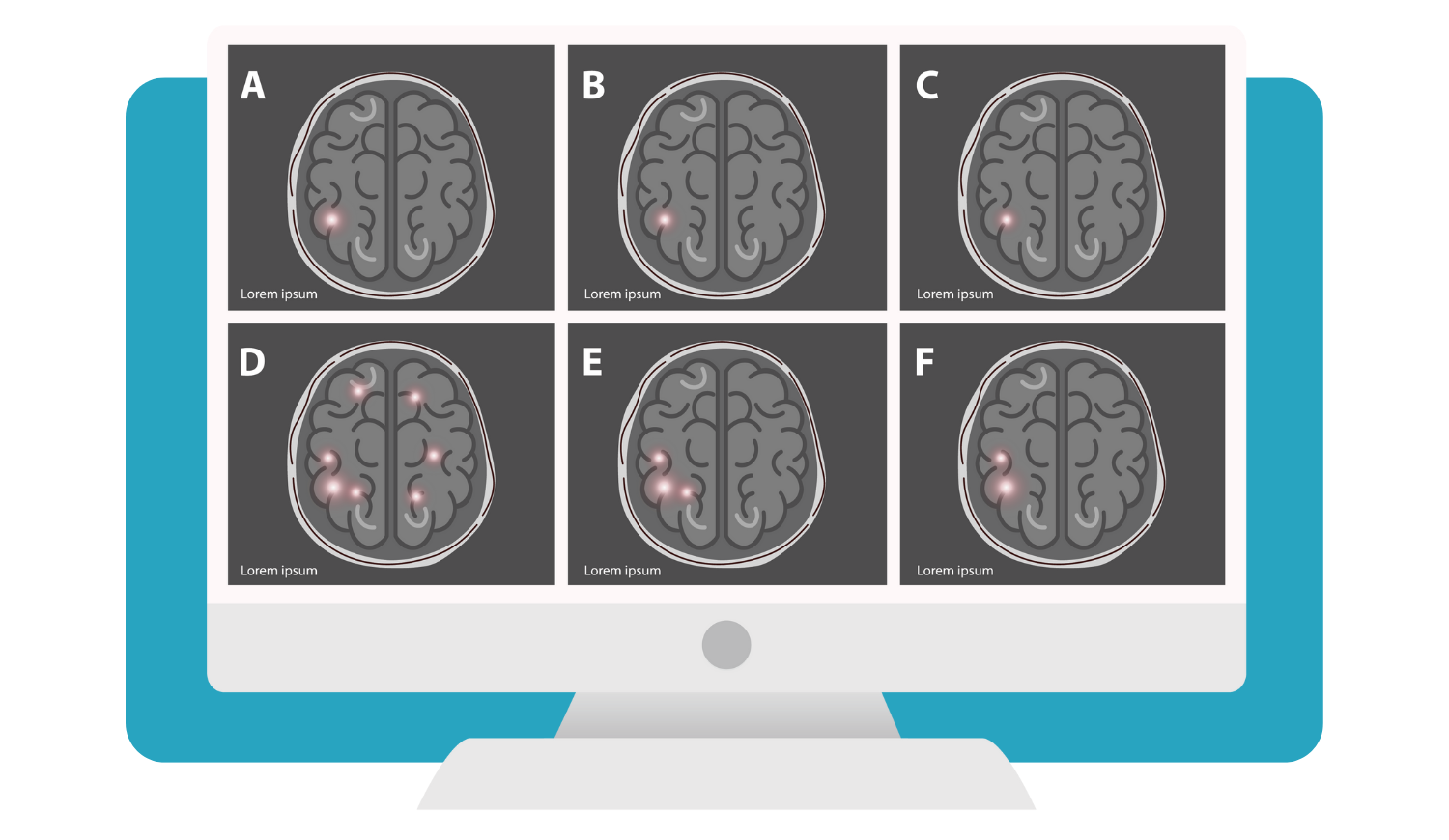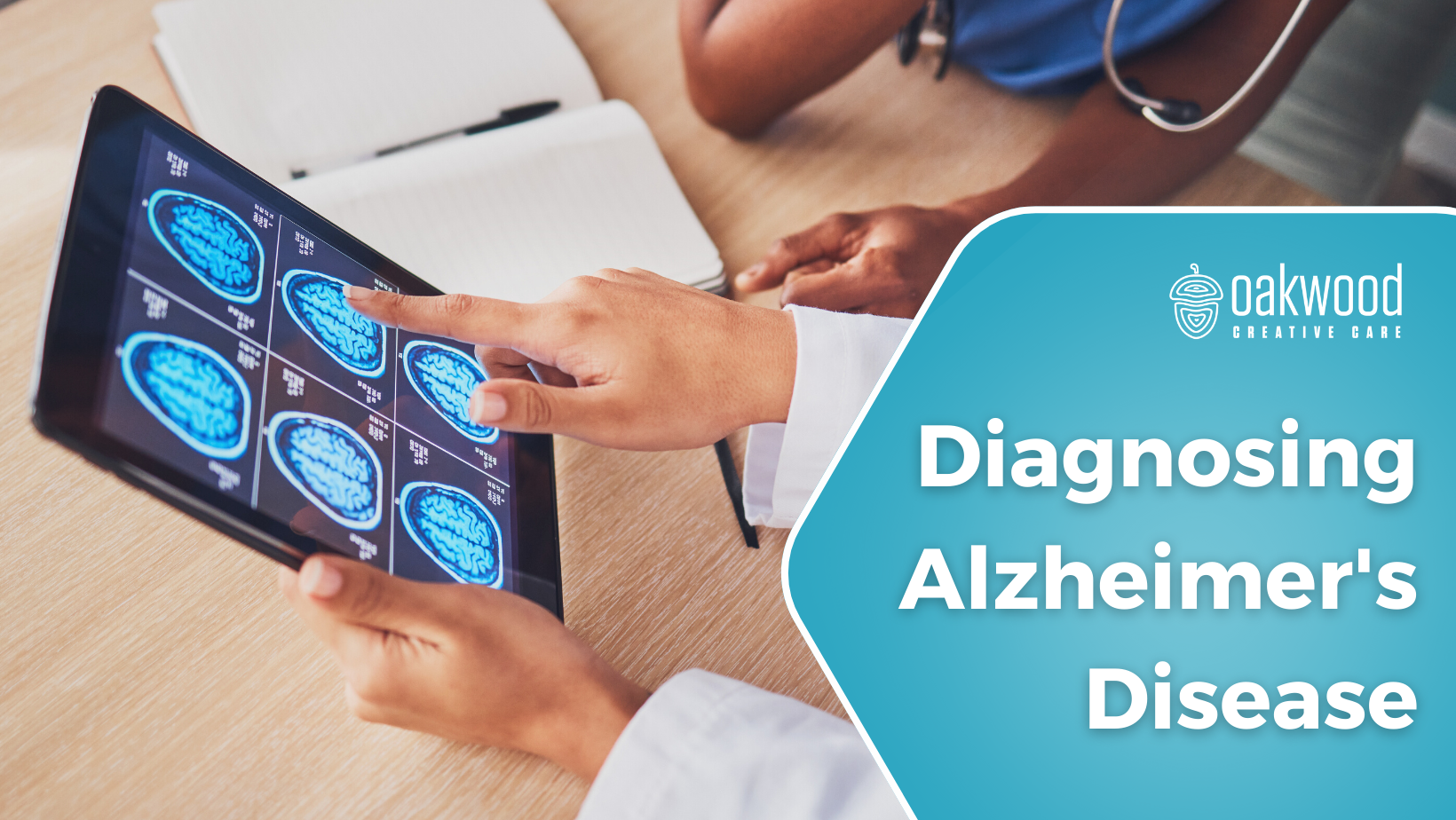The number of people with Alzheimer’s disease is growing exponentially. According to the Alzheimer’s Association, an estimated 6.7 million Americans age 65 and older are living with the disease right now. Thankfully, advancements in science have made getting a proper diagnosis much more accessible, creating an overall better outlook for older adults receiving intervention and support earlier in the disease’s progression. In fact, doctors might use several different methods and tools to determine if a person has Alzheimer’s disease or some other underlying condition. Let’s learn more…
Reasons To Seek An Evaluation For Alzheimer’s Disease
Symptoms of Alzheimer’s disease can vary from one person to the next, although concerns of memory problems often present as the first sign. It is normal, however, for many of us to experience some forgetfulness from time to time. So, how can we know when problems with memory might be a signal that something more serious is occurring? For those with Alzheimer’s disease, the National Institute on Aging (NIH) states that, in addition to frequent forgetfulness, one might also experience the following:

- Memory loss that disrupts daily life
- Difficulty with language and problems with reading, writing, and working with numbers
- Difficulty organizing thoughts and thinking logically
- Poor judgment leading to bad decisions
- Losing track of dates or not knowing current location
- Taking longer to complete normal daily tasks
- Difficulty completing tasks such as bathing
- Repeating questions or forgetting recently learned information
- Trouble handling money and paying bills
- Challenges in planning or solving problems
- Losing things or misplacing them in odd places
- Mood and personality changes
- Shortened attention span
- Problems coping with new situations
- Problems recognizing family and friends
- Hallucinations, delusions, and paranoia
- Changes in sleeping patterns
Diagnosing Alzheimer’s Disease
Presently, there is no singular test used to diagnose a person with Alzheimer’s disease. Since each person’s symptoms may vary and the disease progresses through different stages, doctors rely on several forms of examinations to reach the most precise diagnosis. The NIH lists the following as some of the ways a doctor might initiate testing to confirm the presence of Alzheimer’s disease, starting with the Primary Care Physician (PCP):
PCPs may start an evaluation by asking the person experiencing symptoms questions about their overall health, use of prescription and over-the-counter medicines, diet, past medical problems, ability to carry out daily activities, and changes in behavior and personality. These questions might also be asked of the person’s spouse or a close family member or friend. Then, the provider may follow up with a series of tests focusing on memory, problem-solving skills, attention, counting, and language.

PCPs may also order a panel of bloodwork and a urinalysis to rule out any other potential conditions that might have symptoms similar to that of Alzheimer’s disease, such as a severe UTI.
Depending on the results of these tests, the PCP may recommend initiating a referral to a specialist for a psychiatric evaluation to determine if any mental health conditions might be causing or contributing to the person’s symptoms. This specialist might be a geriatrician, psychiatrist, neurologist, or neuropsychologist.
Other laboratory-based testing used to confirm whether someone is experiencing symptoms of Alzheimer’s disease include:

- Collecting cerebrospinal fluid (CSF) via a spinal tap and measuring the levels of proteins associated with Alzheimer’s and related dementias.
- Performing brain scans, such as a CT, MRI, or PET scan, to support an Alzheimer’s diagnosis or rule out other possible causes for symptoms.
Lastly, healthcare providers may want to repeat these tests over time to determine and measure how and in what ways a person’s memory and other cognitive functions may change over time. Similarly, a run-through of these tests might also be recommended if a person has a history of stroke, tumor, Parkinson’s disease, or sleep disturbances, each of which might increase their risk for developing dementia.
Did You Know?
Oakwood Creative Care is bringing back the JOY in aging! We believe a diagnosis should not have to define your life. Instead, we have devoted our mission to reigniting hope for caregivers and older adults with Alzheimer’s, dementia, and other age-related challenges. Click the button below to learn more about how we do this through our research-based, cutting-edge, creative care model found at each of our Day Clubs.




